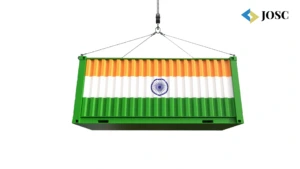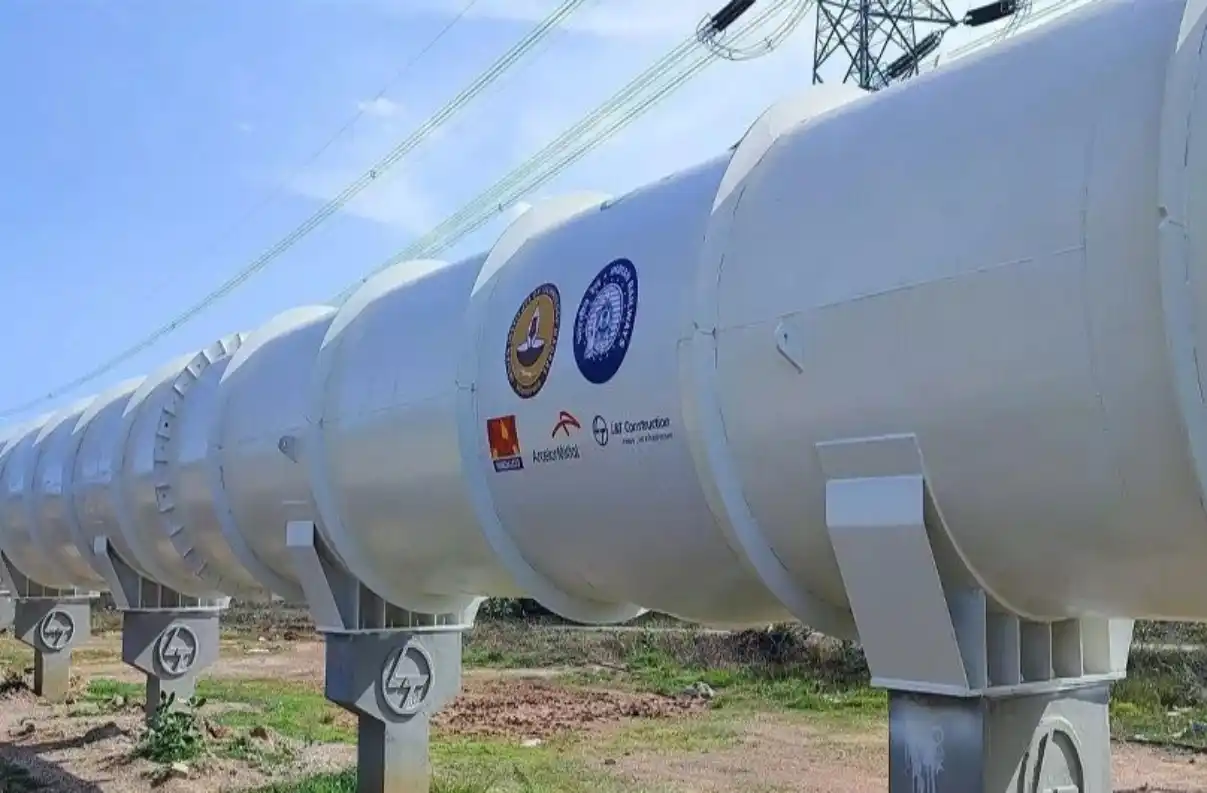India, one of the fastest-growing economies in the world, is heavily reliant on imports for key sectors such as electronics, energy, pharmaceuticals, and raw materials. While globalization has brought significant advantages, India's excessive dependence on import-based supply chains poses economic and strategic risks. To achieve long-term resilience, India must prioritize self-reliance, diversify its supply sources, and strengthen its domestic manufacturing capabilities. The Risks of Import Dependency Economic Vulnerability: Excessive reliance on imports increases exposure to global market fluctuations, currency exchange rates, and geopolitical tensions. Supply chain disruptions, such as those seen during the COVID-19 pandemic, can halt production and lead to inflationary pressures. Trade Deficits: A high import bill contributes to a widening trade deficit, affecting India's foreign exchange reserves and economic stability. National Security Risks: Depending on imports for critical industries like defense and healthcare makes India vulnerable to global supply restrictions and diplomatic challenges. Steps to Reduce Import Dependency Strengthening Domestic Manufacturing The Indian government’s Make in India initiative aims to boost domestic production across various sectors. By providing incentives to industries such as electronics, pharmaceuticals, and textiles, India can reduce its reliance on foreign suppliers. Encouraging local industries through Production Linked Incentive (PLI) schemes will enhance manufacturing competitiveness and attract investments. Supply Chain Diversification India must
The only supply chain registration you need
Unrivaled context behind every news and article for free.

 Anamika Mishra
Anamika Mishra 

















